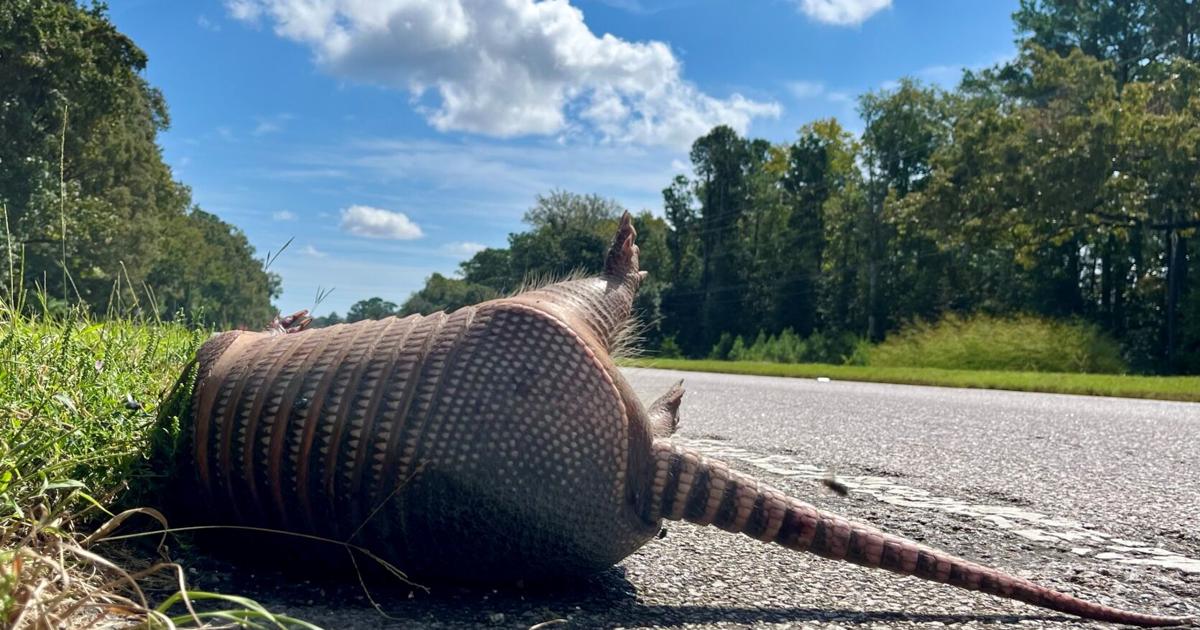CHARLESTON — Roadkill isn’t unique to South Carolina, but some of the animals that increasingly are killed by motor vehicles might just be, especially to visitors from different environments.
Like most places, deer are the most reported victims of wildlife-vehicle collisions each year in South Carolina, per available records. The number of deer killed by cars statewide has spiked significantly in recent years, jumping from about 3,000 or fewer in a typical year to an estimated 6,500 in 2023, the latest year that figures are available from the S.C. Department of Public Safety.
But there are several animals that join that lineup, some frequently and others a bit less so — particularly in certain parts of South Carolina.
Statistics on just how many animals are killed along S.C. roadways each year is not available, though various state agencies track and report figures on some. This includes deer and bear.
But whatever type of animal it is, Jim Elliott, founder and CEO of the Center for Birds of Prey in Awendaw, said he has seen most, if not all of them. And those roadkill sightings are getting more frequent, he said.
“We don’t have a species that is immune from getting hit by cars,” Elliott said, calling such wildlife-vehicle collisions inevitable when pathways and feeding ways increasingly become one and the same. “… Vultures, owls, hawks, raccoons and opossums. God Lord, I see them every day. It’s depressing.”
Here is a brief look at some of the more unique animals killed by vehicles each year in South Carolina.
Armadillo
The S.C. Department of Natural Resources considers armadillos a nuisance and a health hazard.
File/Andrew J. Whitaker/Staff
The nine-banded armadillo (Dasypus novemcinctus) weighs between 8 and 17 pounds and ranges from New Mexico and Texas across the Deep South, with its habitat extending farther north over the years, according to S.C. Department of Natural Resources.
Armadillos arrived in South Carolina in the 1980s. Now, these mammals with body armor are found in all 46 counties. They are distant cousins of anteaters and sloths. If not seen in their normal wooded habitats or rooting in a garden as they forage for insects, roots, bird eggs and small animals, people usually come across armadillos in South Carolina as roadkill.

